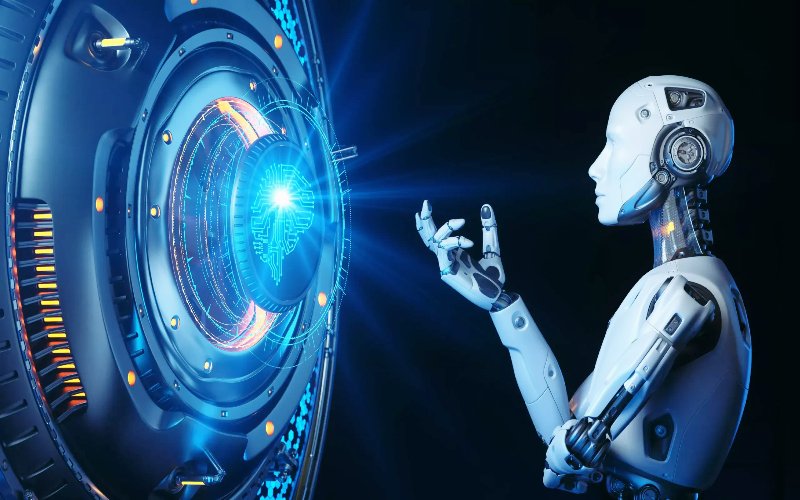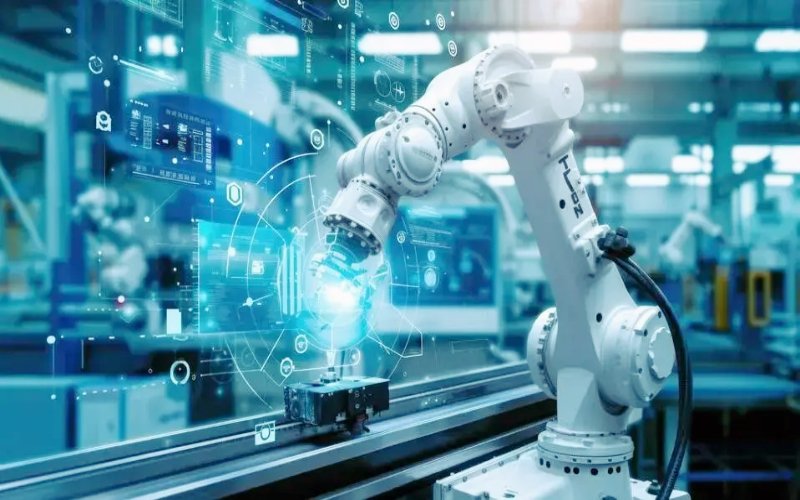In today’s digital age, the way we interact with technology is evolving rapidly. Among the most significant advancements in this field are Intelligent Virtual Assistants (IVAs). These sophisticated systems have transformed how we manage our daily tasks, access information, and engage with devices. This article explores the definition, technology, applications, benefits, challenges, and future trends of intelligent virtual assistants.
What Are Intelligent Virtual Assistants?
Definition and Overview
Intelligent Virtual Assistants are software agents powered by artificial intelligence (AI) and natural language processing (NLP). They can understand and respond to user requests through voice or text, enabling seamless human-computer interaction. IVAs are designed to assist users in various tasks, from scheduling appointments to providing information and managing smart home devices.
The Technology Behind Intelligent Virtual Assistants
The backbone of intelligent virtual assistants lies in AI technologies, particularly machine learning and NLP. These systems utilize large datasets to learn from user interactions, improving their responses and understanding over time. By continuously analyzing user preferences and behavior, IVAs become more intuitive and personalized.
Applications of Intelligent Virtual Assistants
Personal Assistants in Everyday Life
One of the most common applications of Intelligent Virtual Assistants is as personal assistants. Popular examples include Apple’s Siri, Amazon’s Alexa, Google Assistant, and Microsoft’s Cortana. These assistants help users perform a wide range of tasks, such as:
- Setting reminders and alarms
- Sending messages and making calls
- Providing weather updates and news briefings
- Managing calendars and scheduling events
Business and Customer Service
Intelligent Virtual Assistants are increasingly being integrated into business operations, particularly in customer service. Businesses deploy IVAs to handle customer inquiries, provide support, and streamline communication. By automating responses to frequently asked questions, companies can enhance customer satisfaction while reducing operational costs.
Healthcare Support
In the healthcare sector, IVAs are proving to be invaluable tools. They assist healthcare providers and patients by:
- Scheduling appointments and sending reminders
- Providing medication information and reminders
- Assisting with patient triage and symptom assessment
By leveraging Intelligent Virtual Assistants, healthcare professionals can improve patient engagement and streamline administrative tasks.
Benefits of Intelligent Virtual Assistants
Increased Efficiency and Productivity
One of the primary advantages of IVAs is their ability to enhance efficiency. By automating routine tasks, users can focus on more complex and meaningful activities. This boost in productivity is particularly beneficial in professional settings, where time management is crucial.
Enhanced User Experience
Intelligent Virtual Assistants offer a more personalized user experience. They learn from user interactions and preferences, allowing them to provide tailored responses and recommendations. This level of personalization creates a more engaging and satisfying user experience.
Cost Savings for Businesses
Integrating IVAs into business operations can lead to significant cost savings. By automating customer service tasks, businesses can reduce the need for large customer support teams. Additionally, IVAs can operate 24/7, providing uninterrupted service and support.
Challenges and Limitations
Privacy and Security Concerns
Despite their numerous benefits, Intelligent Virtual Assistants raise concerns regarding privacy and security. IVAs often require access to sensitive user information to function effectively. Users must be cautious about the data they share, as breaches can lead to identity theft and unauthorized access to personal information.
Accuracy and Understanding Limitations
While IVAs have made significant strides in understanding natural language, they are not infallible. Misinterpretations and inaccuracies can occur, especially with complex or ambiguous requests. Continuous improvement in NLP technology is necessary to enhance the accuracy and reliability of Intelligent Virtual Assistants.
The Future of Intelligent Virtual Assistants
Advancements in AI and NLP
The future of Intelligent Virtual Assistants looks promising, with ongoing advancements in AI and NLP technologies. As these technologies evolve, we can expect IVAs to become even more capable of understanding context, emotions, and user intent, leading to more natural and effective interactions.
Integration with IoT Devices
As the Internet of Things (IoT) continues to grow, the integration of IVAs with IoT devices will enhance their capabilities. Users will be able to control and manage their smart home devices seamlessly through voice commands, making everyday tasks even more convenient.
Expanding Applications Across Industries
The applications of Intelligent Virtual Assistants will continue to expand across various industries, including education, finance, and transportation. As businesses recognize the value of IVAs in improving customer engagement and operational efficiency, their adoption will become more widespread.
Conclusion
Intelligent Virtual Assistants are revolutionizing the way we interact with technology, offering numerous benefits in personal and professional settings. While challenges remain, the continuous evolution of AI and NLP technologies promises a future where IVAs become even more integral to our daily lives. By embracing these advancements, we can enhance productivity, streamline operations, and create a more connected world.
Also visit on techitl.com.




